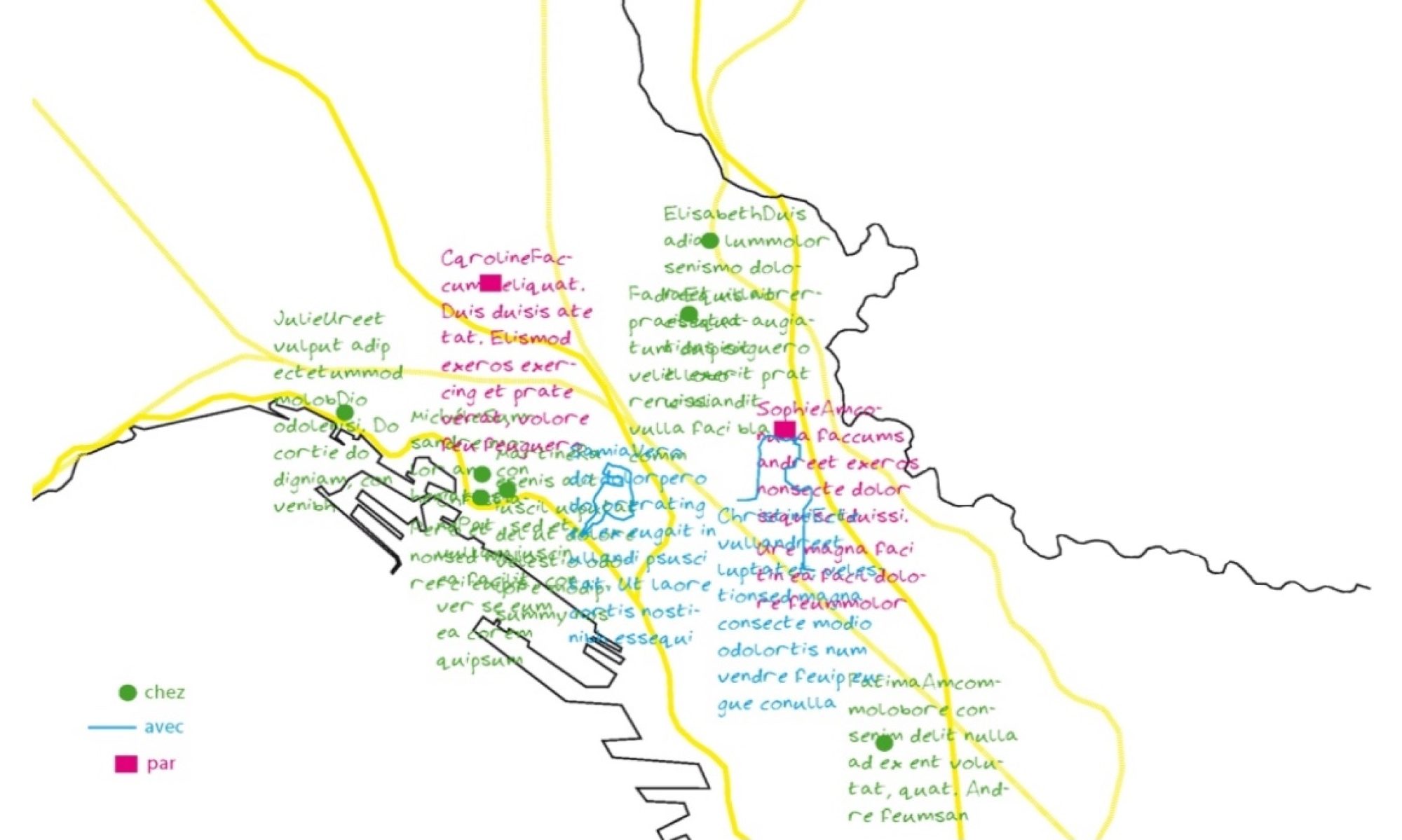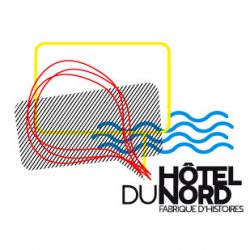 The Marseille Forum on the social value of heritage for society will take place on 12 and 13 September 2013. The opportunity to make history: accumulate 19 years of facts and their interpretation. Reconstruct the collective process that unfolds until the walks that will be shared with the members of the Forum. No, like a scream! This evidence is a counter-sense! For thus escaping the heart of the process, the work of all and all our precursors. Would escape the theoretical base that we are tracking in this return of walks. So I have to tell you a story so that you don’t have to go to 19 years of facts set out in the pretend historical but at a secret staircase, access to the implicit foundations that make us work. Here is a narrative for an implicit description of the Faro process for 15 years in the neighborhoods behind the port. An invitation to the discussions that will open on September 13th when the four walks return.
The Marseille Forum on the social value of heritage for society will take place on 12 and 13 September 2013. The opportunity to make history: accumulate 19 years of facts and their interpretation. Reconstruct the collective process that unfolds until the walks that will be shared with the members of the Forum. No, like a scream! This evidence is a counter-sense! For thus escaping the heart of the process, the work of all and all our precursors. Would escape the theoretical base that we are tracking in this return of walks. So I have to tell you a story so that you don’t have to go to 19 years of facts set out in the pretend historical but at a secret staircase, access to the implicit foundations that make us work. Here is a narrative for an implicit description of the Faro process for 15 years in the neighborhoods behind the port. An invitation to the discussions that will open on September 13th when the four walks return.
She had arrived from Germany the day before. He was in Marseille for several weeks already. He had just made a great discovery, reversing the meaning of the city, reversing the academic certainties capable of defining time. She calls it a “gaps”, a flaw in time and tells him about a ghost escaped there. He had just found the Rue de Lyon, in the suburbs, in a part of the city where we only go to exhaust his life at work. In describing, for his diary, the sensation of reversal that the body feels then, he understood that it was the perfect figure, the urban form of his “thesis on the Philosophy of history” that he was completing. The rue de Lyon embodied its most extreme abstract intuition; Lyon Street became the modern icon of the 20th century, just before the great unspeakable catastrophe, totalitarianism, wars and the ultimate rebound of the European civil war. He had both the intuition of this collective catastrophe and that of his own life, of that which only had to do with him. He knew it now, he had understood it here, in Marseille, city of time and not of space. He lived the conjunction between a moment of present and a moment of past, he had returned time by going up the street of Lyon. -End of language-he knew that his initial intuition was right but he could not incorporate this discovery, then, without a word, he took it by the hand and took him to walk on the road to Lyon, in his steps, so that she understands, that she crosses her vision ful Gurante. He had become a no-speaker.
On the rue de Lyon, they walked at length, she began to glimpse this suffocating fault of our collective life. Our disaster. She followed him, she put her steps in the unfolding of her thought. And the street of a sudden took it, she recited the text written by him a few years before: “The farther we get away from the center and the more the atmosphere becomes political. It’s the docks ‘ turn, basins, warehouses, cantonments of poverty, the scattered asylums of misery (…) This fight is nowhere as ruthless as between Marseille and the Provençal landscape (…) The long street of Lyon is the mine that Marseille Dig into the landscape to make it fly in splinters… “
So she knew that the intuition was right, that her meteoric invention should take shape as soon as possible, that the days were counted. They sat in a workers ‘ bistro at the St. Louis level. They had already advanced well in the urban undermining, they had dissolved there. They sat in fear and trembling. They got to work. He pulled out of his pocket an early manuscript, they remained bent over the 17 paragraphs of his “thesis on the Philosophy of History”.
A woman had been watching them for a while. A vast hospital woman as only toil knows how to make them. The women from here learned divination in the hill and this one guessed something. When they came in, she wondered what the bohemian foreigners were doing here, these “bobos” would say today. The man was shaking and she was making a huge effort to support him. Like Pierre and Marie Curie, she said to herself. She had seen this in the party newspaper that was hanging over a coffee table. She watched them work, that is, suffer a lot with words like them and she suffered on the surrounding production lines.
She approached when she understood that their efforts were defeated by the enormity of the thought disaster they measured in its fullness.
So she approached them, she allowed herself and told them, without knowing how, not to stop their walk, that she wanted to keep the paper they were working on. That the Proletarians had no history or heritage, they were only made to produce children who would also be workers. That this paper, it was a foundation stone for here. That they could pass it on by living it, telling it. That one day others would understand it, the incorporate.
And they gave him without knowing why, they gave him, finding in this gesture the force necessary to finish it.
She left for New York with the text two days later and left him to die by himself on the Spanish border. In New York, the text was somewhat revamped, slightly watered down; Humans are weakened in 1940. It remains its version of Fire somewhere on the street of Lyon, in the hospitality of the time “taken in rubs” which makes the heritage a prospective process as well as retrospective. In a nutshell the story of the environment.
This almost fiction is based on a real little known fact: it is in Marseille that Walter Benjamin meets his almost cousin Hannah Arendt in the summer of 1940. He handed her his manuscript of “thesis on the Philosophy of history” so that she would give it to Adorno then refugee in New York. And she the vast hospitable woman, it is Faro that allows its appearance and now its existence. It is we here who incorporate the version of Fire remained rue de Lyon. It is through fiction that the Faro collective process undertaken since 1995 in the complexity of the neighbourhoods along the Rue de Lyon is transmitted. I might as well have projected you to the character of Louis Massignon arrived in Marseille on August 2, 1930. It’s also full summer. It is the annual meeting of the “social weeks of France”, the SSF created in 1904. The SSF should have been held in Algiers and Marseille is a substitute Algiers. 1930, centenary of colonial Algeria, impossible to live there a meeting entitled: The social problem in the colonies. Louis Massignon, Islamologist, professor at the Collège de France, returned from Algiers, sent for investigation. He made the closing conference of SSF on August 3, 1930. He then left for Paris and began his teaching at Aubervilliers: He joined the urgency of the “social teams” that had just been created and provided education for North African workers in France. I can incorporate her word into the neighborhoods, she is born from their transnational experience. It is important to project itself upside down in international industrialism, in the intuition of never again, in the memory of institutional facts since 1994, in almost 20 years of construction as slow as Europe; This is the genesis of the Faro process. Christine Breton, August 2013

